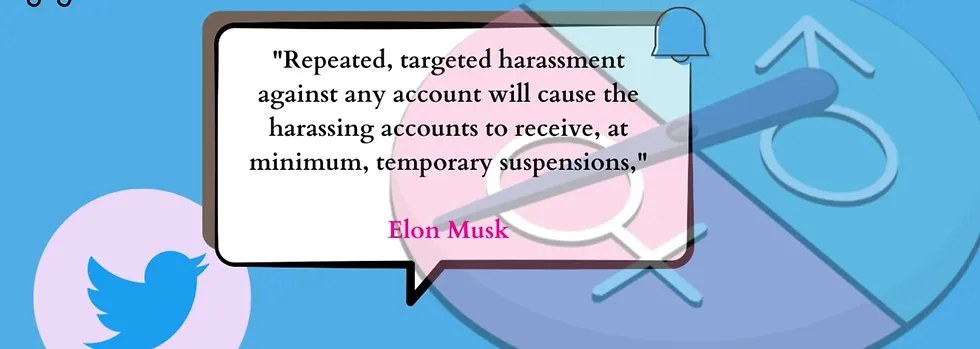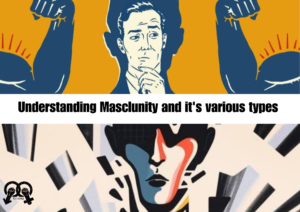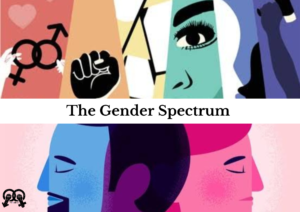What is Cisgender?
Why Must I Use It?
Then Why Does Twitter Consider It As A Slur
Twitter owner, Elon Musk, proclaimed that the word cisgender would be considered a slur on the platform. “Repeated, targeted harassment against any account will cause the harassing accounts to receive, at minimum, temporary suspensions,” wrote Mr Musk, “The words ‘cis’ or ‘cisgender’ are considered slurs on this platform”. Such a bizarre declaration comes in the aftermath of the already increasing hatred against indigenous and LGBTQIA community on the platform.
A handy-dandy dictionary would define the term slur as a word with derogatory connotations, uttered in an attempt to cause offense. For example, slurs can be racial. This includes the “N-word” which is offensive to African-Americans, especially when uttered by their historical oppressors, who happen to be white. What makes any term a slur, is its ability to cause offense and the historical baggage it comes with. Given that the term cisgender is relatively new, automatically excludes it from being a slur. Amy Ashenden, director of comms at LGBTQIA+ young people’s charity, Just Like Us, says, “Cisgender isn’t a cruel word by any means and not something we should be afraid of or demonize.”
There are also questions regarding who actually is offended by this term? This may include conservative people who do not believe in the division between gender and sex, and consider trans and non-binary gender expression as an ideological fad rather than as a natural occurrence. US advocacy group GLAAD designated Twitter as the most hateful platform towards the LGBTIQIA+ community. Such comments from the owner of the online platform has only aggravated the situation further, as hatred has massively increased against the transgender and non-binary people, according to Australia’s cyber watchdog.
Cisgender is not a slur. It’s a step forward for the mainstreaming of gender-inclusive and gender-affirming language.





